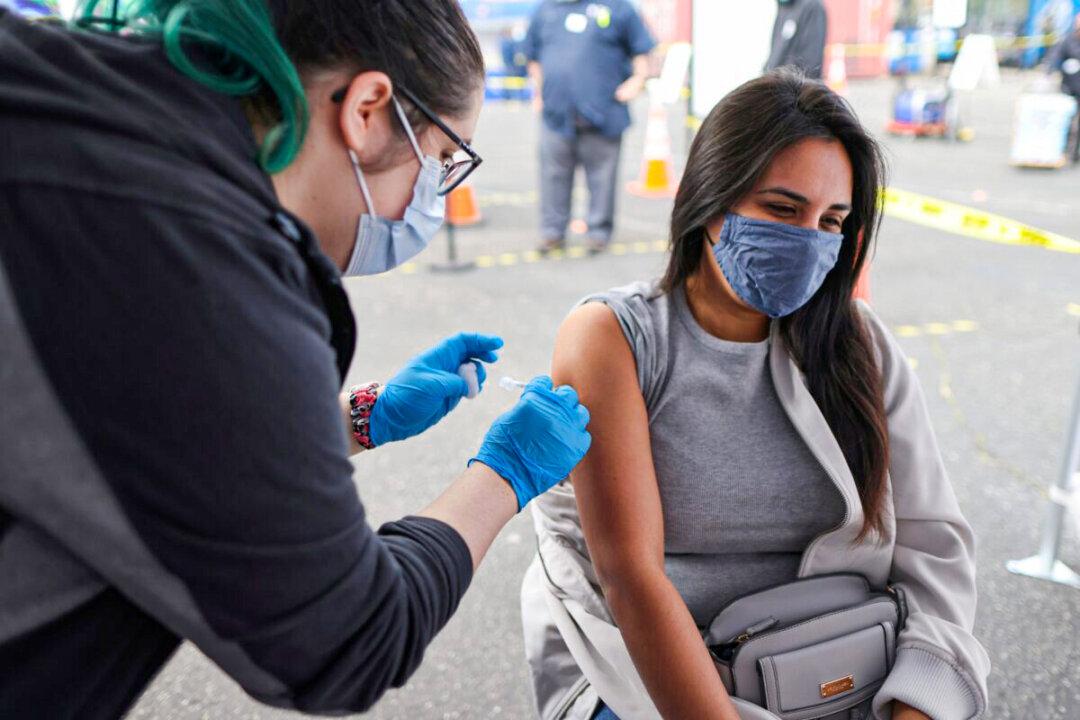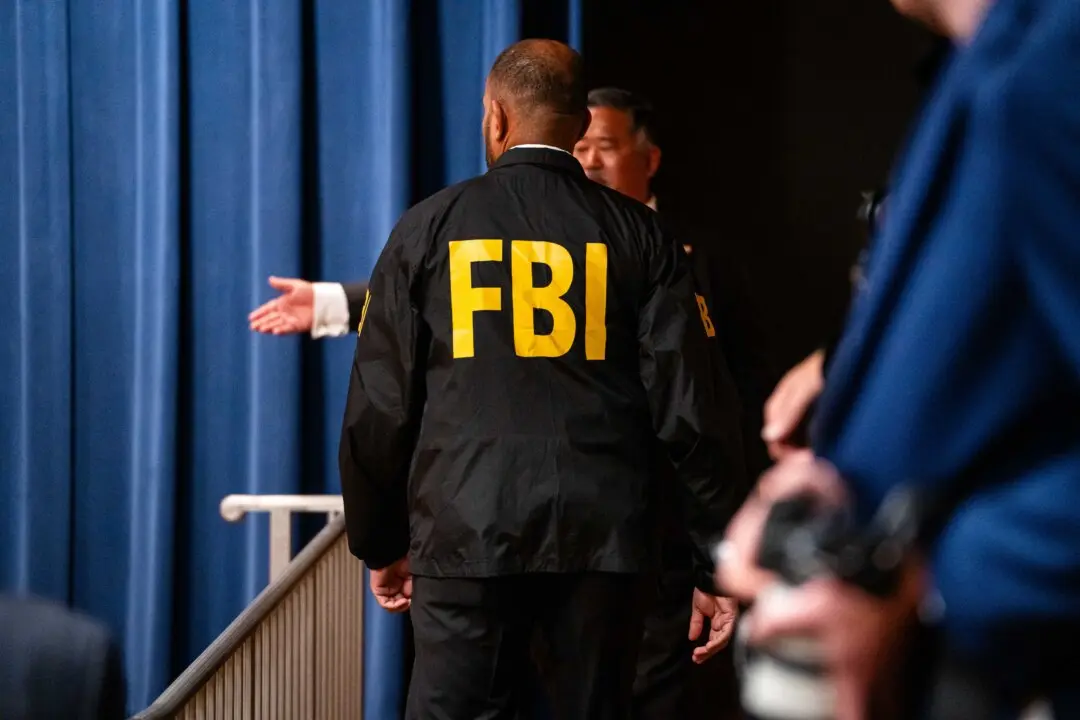A number of Americans will soon have to pay for COVID-19 testing and treatment after the Biden administration signaled the end of the pandemic public health emergency.
The White House issued a statement Monday announcing it will oppose House GOP-backed bills to end the pandemic-related emergencies, but it stated that the emergency and public health emergency would instead end on May 11.





